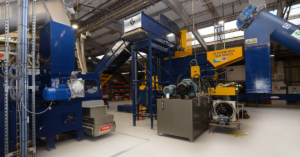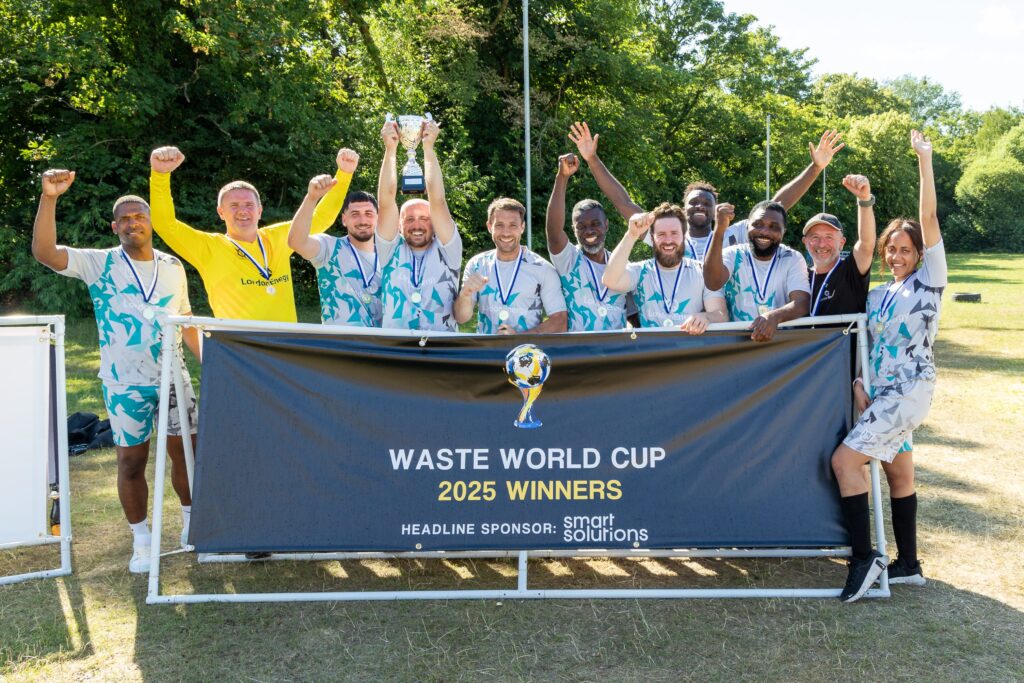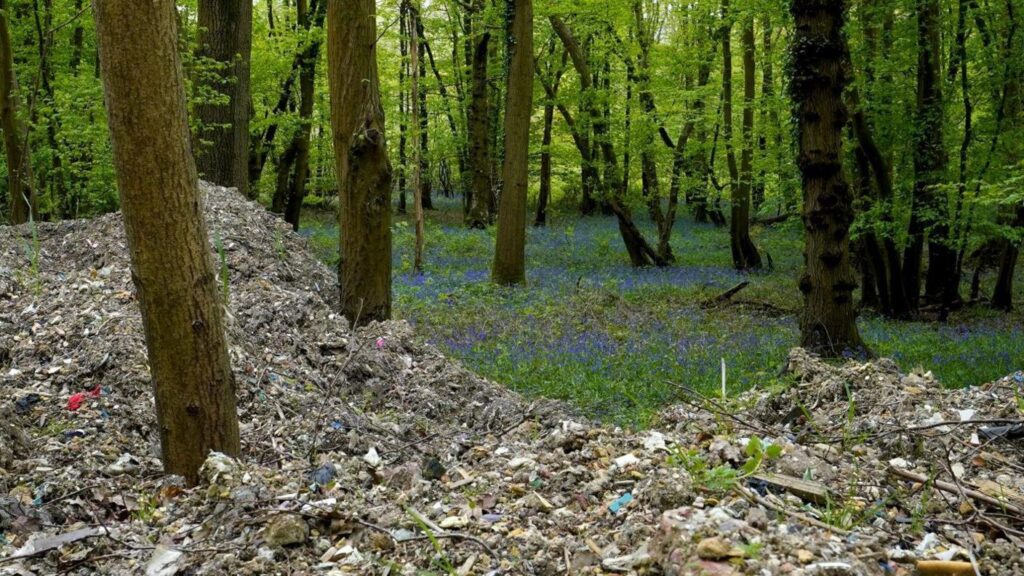
According to Berry, the plant will process post-consumer polypropylene to create food grade material for packaging.
The company says it will break ground on the recycling facility in Leamington next month. It didn’t disclose the capacity of the plant or a picture.
The new Leamington facility will be housed in a “purpose-built, net-zero carbon, centrally located 13,000 m2 facility, offsetting CO2 emissions with local tree planting”.
Process
The plant will work to recycle, wash, sort, and sift plastics into producing food-grade materials to a “target purity standard of 99.9%”.
This will be done using Berry’s CleanStream process, which is a closed-loop system used to mechanically treat domestically recovered household waste polypropylene back into consumer packaging.
Using automated sorting processes, it will separate pots, tubs and trays, with online sensor technologies and machine learning algorithms.
Benefits
The company says it has conducted an initial lifecycle assessment quantifying the benefits of its proposed rPP process over the use of virgin PP.
Berry reported that the material from the CleanStream process has an 80% lower CO2 footprint than virgin resin.
And, the company claims that the packaging produced at this plant will be 35% lower in CO2 emissions.
Further investment
It follows another recent investment from the company into a flexible and rigid plastics recycling plant.
The plant in Derbyshire sorts both household and industrial waste, utilising an “advanced purification process”, resulting in recyclate that can be used in a variety of industrial and consumer rigid and flexible applications such as storage boxes and collation shrink films.
US-owned Berry Global acquired the Rushden-based plastic manufacturers RPC in a deal worth up to £5 billion in 2019 (see letsrecycle.com).







Subscribe for free